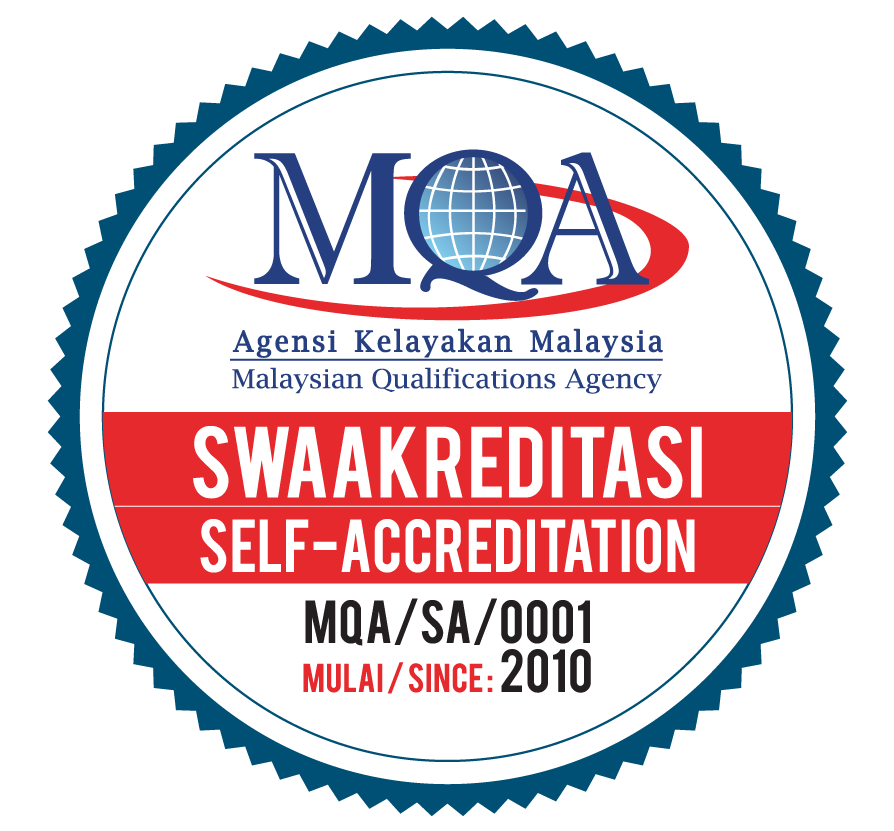Design of Ontology-based Virtual Reality (VR) Module for Social Skills Training Among Youths with High Functioning Autism Spectrum Disorder (HFASD)
Headed by Prof. Madya Dr. Mohammad Nazir Bin Ahmad @ Sharif.
Skim Geran Penyelidikan Transdisiplinari (TRGS)
The prevalence of Autism Spectrum Disorder (ASD) is increasing in many countries including Malaysia. ASD is plagued primarily with a lack of Social Skills (SS) and low Quality of Life (QoL), particularly marked in people with High Functioning ASD (HFASD), where the IQ is normal or superior. Intervention is multidisciplinary, targeting a wide spectrum of symptoms and skill deficits, as well as individualizing the program to meet the different needs of each individual. In Malaysia, intervention facilities are seriously limited. Consequently, many affected individuals do not receive proper intervention. Virtual Reality (VR) has been explored for use in the intervention of specific symptoms and skills among youths with HFASD, to teach them specific SS that are lacking among youths with HFASD, so it can improve their QoL, but research in this area is still in its infancy. However, to develop such a VR application for HFASD is complex, due to the fact that dealing with youths who have HFASD is actually a very knowledge-intensive task. Knowledge in relation to Cognitive Behavior Therapy (CBT) to improve SS and QoL, is essential, and has to be captured explicitly and represented in a well-defined ontological model as a basis for VR development. Unfortunately, existing VR development methodologies do not pay much attention to having knowledge-based models explicitly in their methodologies. Therefore, this research aims to design and develop a VR module for teaching SS and improving QoL among youths with HFASD, based on an ontological model in HFASD (OntoHFASD). This study employs the design science research approach. Requirements for VR are captured using focus group discussions and then represented as OntoHFASD. Using OntoHFASD, VR for HFASD can be designed properly. The VR module designed can be used by public and private healthcare centers, and hence can benefit many youths with HFASD.


